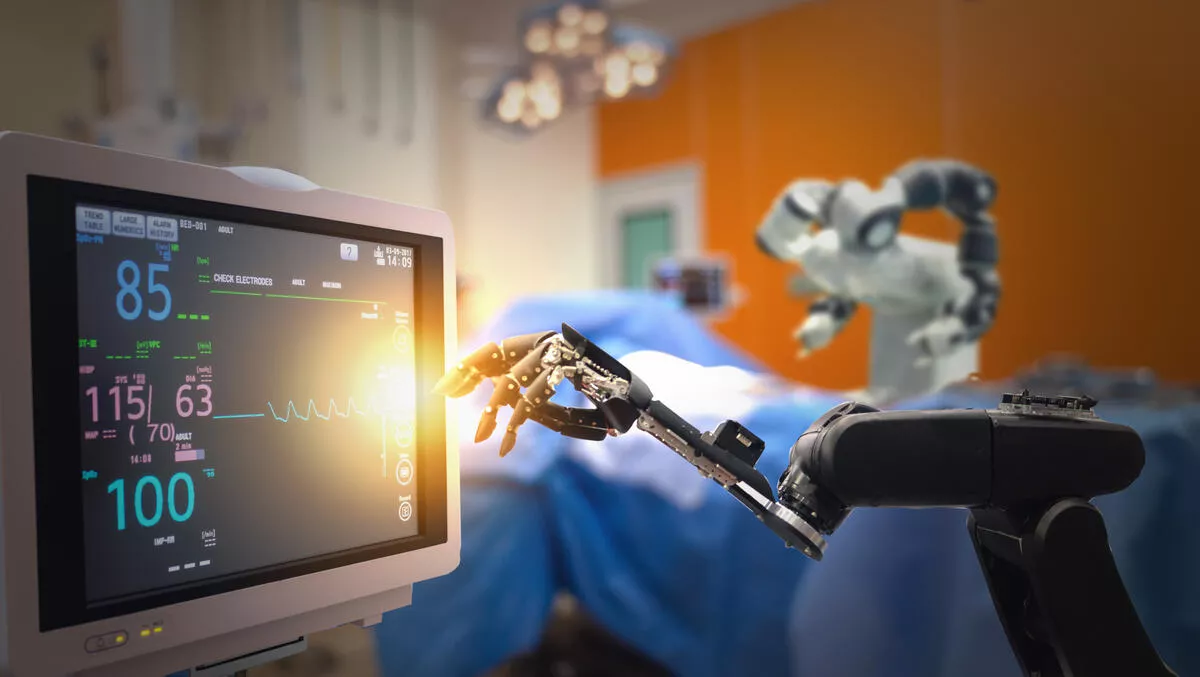
New AI technology helps doctors detect cancerous lesions
NEC Corporation has announced the development of an AI technology to support doctors in determining if colorectal lesions are neoplastic or non-neoplastic.
The new technology, called Cx20, can assist in the early detection of colorectal lesions. Cx20 has already met the requirements for CE marking, a European safety, health and environmental protection standard. It will be integrated into the medical device AI diagnostic support software WISE VISION Endoscopy, with sales expected to start in Europe later this year.
The Cx20 function supports disease identification, so during examinations, suspected lesions are automatically detected through video taken by endoscope devices. Doctors can then extract still images and view analysis results.
The software connects and interacts with existing endoscopic equipment and automatically notifies users if a lesion is potentially neoplastic, based on images captured during endoscopy procedures. It then becomes an extra tool that's immediately available to assist endoscopists in the differentiation of lesions and help reduce the patients' burden.
Colorectal cancer originates from precancerous lesions. While it is possible to suppress its progression by removing lesions early, it's sometimes difficult for endoscopists to visually distinguish between neoplastic and non-neoplastic lesions in endoscopy examinations. This results in unnecessary biopsies and removal of non-neoplastic lesions and can cause additional stress and discomfort to patients.
To improve the chances of identifying whether colorectal lesions are possibly neoplastic, NEC has developed new technology where the learning power of AI is used to combine information of endoscopy images and data from the findings of physicians. The technology analyses still images of lesions taken with endoscopy devices. If the AI determines that a colorectal lesion is likely to be neoplastic, a "High possibility" notification message is displayed.
NEC and the National Cancer Center Japan have been collaborating since 2016 to develop a technology that automatically detects suspected colorectal lesions during endoscopy examinations. In the future, NEC says it will promote joint research with the National Cancer Center Japan to enhance the performance of its AI technology and assist endoscopists with how to use it.


